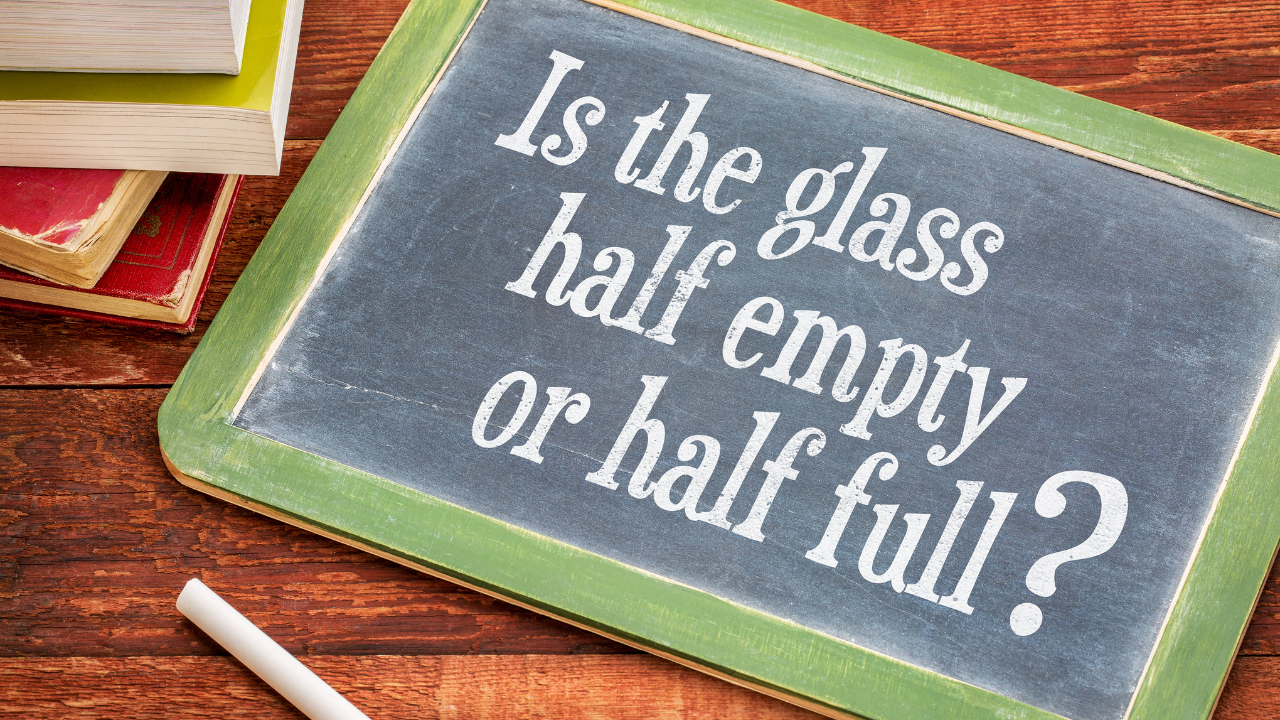
Why doesn't everyone experience depression?
Depression is a common mental disorder with an estimated 5% of adults globally suffering from it (WHO).
For many, it’s reactive to a particular event such as grieving a loved one, or losing a job and is temporary. For others, it’s chronic and recurs through life sporadically in reaction to a setback or more persistently requiring ongoing medication and treatment.
According to Beck, the propensity to experience depression in our formative years occurs through the way we manage ourselves in the world.
The negative schema or assumption people acquire through their early experiences such as the loss of a parent, a succession of tragedies or adversities, the social rejection of peers, the criticism of teachers, or the depressive attitude of parents will continue to be activated whenever they encounter new situations that resemble the conditions in which the schemata were learned (critical incidents).
For those who never or rarely experience depression later in life or only acutely as a reaction to a particular event that most people would feel sad about, they’re able to draw on resources (positive schemas) acquired in their formative experiences which enable them to move on from uncomfortable or negative situations more quickly.


